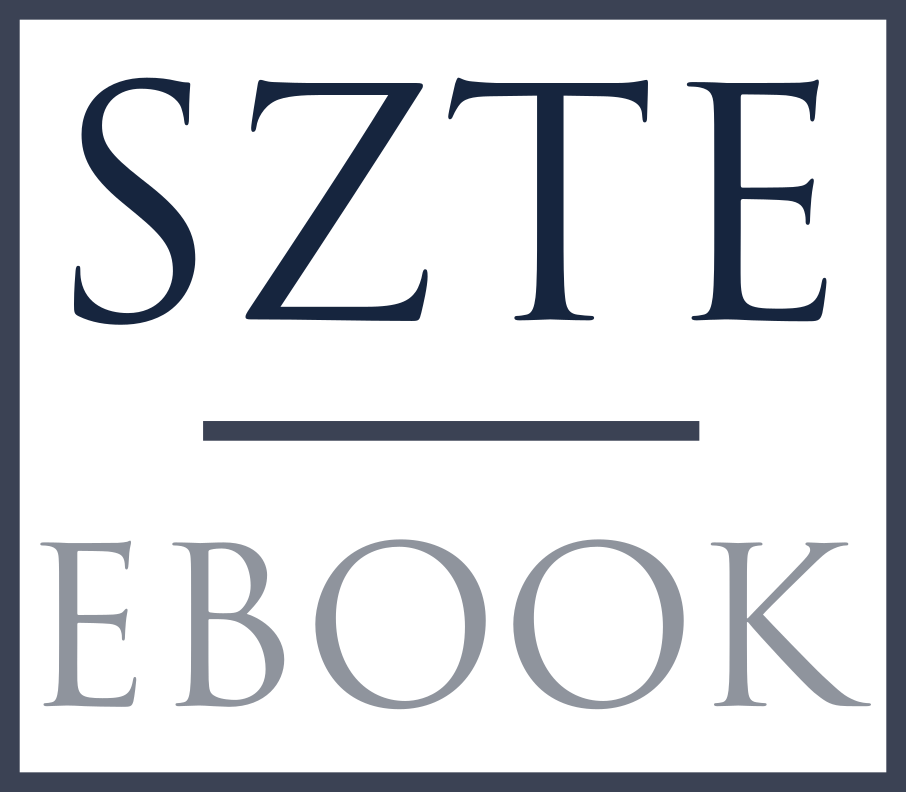Macroeconomic processes and expectations
Synopsis
The study focuses on the problem of introducing expectations, as a subjective factor, into economic theoretical models. The basis of the model presented here is the well-known conventional Keynesian IS-LM model. It also follows that the concept of the IS-LM model can be approached as a problem or task in several ways. Also used was a discretized model encompassing three distinct categories of expectations, namely, simple, adaptive, and rational. It can be concluded that the type of expectation affects the number of stable cases in the model. The inclusion of the adaptive expectation results in the highest number of stable cases within the range of economically relevant values of the parameters studied. Numerical examples illustrate the results.
Keywords: Expectation, IS-LM model, dynamic


